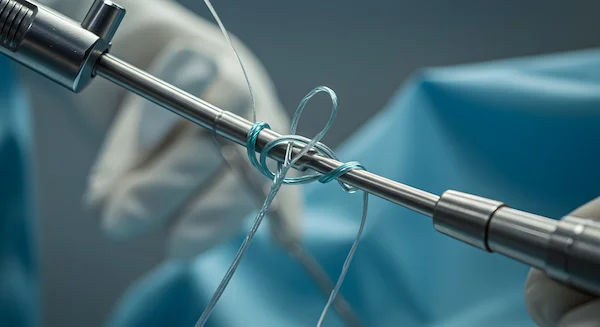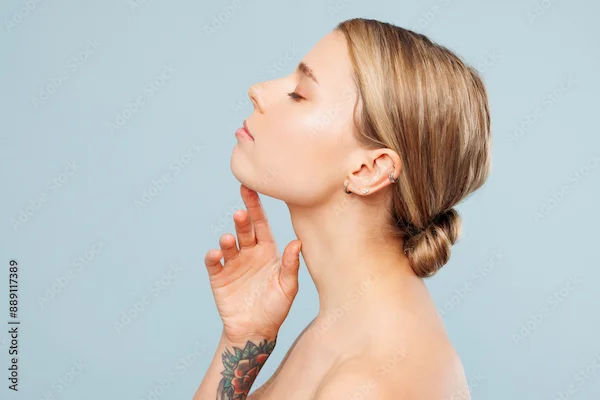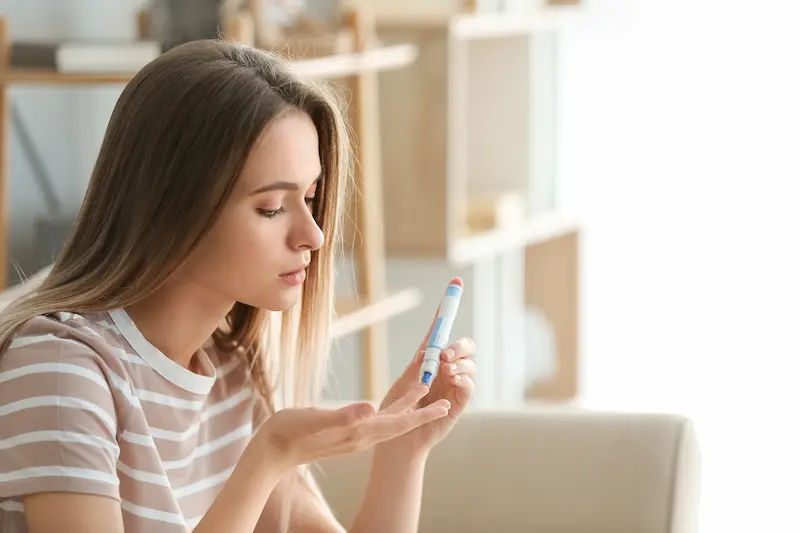Hair Thinning Questions and Answers
Get answers to common questions about hair thinning, including causes, early signs, and effective treatments. Understand lifestyle factors, medical conditions, and hair care tips that can help manage and reduce hair thinning.


Introduction
Hair thinning can be a worrying experience, but understanding the causes, symptoms, and solutions can help you manage it better. Whether you're noticing more hair in your brush or a receding hairline, this guide will answer common questions and provide practical tips to keep your hair healthy.
1. What Causes Hair Thinning?
Hair thinning can happen due to various reasons, including:
Genetics (Androgenetic Alopecia): The most common cause, often referred to as male or female pattern baldness.
Hormonal Changes: Pregnancy, menopause, or thyroid issues can trigger hair loss.
Stress & Illness: Physical or emotional stress can lead to temporary hair shedding.
Nutritional Deficiencies: Lack of iron, protein, or vitamins (like B12 and D) weakens hair.
Medications & Treatments: Chemotherapy, blood pressure medications, or antidepressants may cause hair loss.
Hairstyling Habits: Excessive heat, tight hairstyles (like ponytails), or chemical treatments damage hair follicles.
Consult a Dermatologist for the best advice
2. What Are the Signs of Hair Thinning?
Some common signs of hair thinning include:
More Hair Fall: Finding more strands on your pillow, brush, or shower drain.
Widening Part Line: Hair looks less dense, especially at the crown.
Receding Hairline: More noticeable in men, but women can also experience it.
Thinner Ponytail or Braid: Hair feels less voluminous when tied up.
If you notice sudden or excessive hair loss, consult a doctor to rule out underlying conditions.
3. Can Hair Thinning Be Reversed?
Yes, in many cases! Depending on the cause:
Temporary Hair Loss (Telogen Effluvium): Often resolves on its own within 6-12 months.
Genetic Hair Loss: Slows down with treatments like minoxidil, finasteride, or PRP therapy.
Nutritional Deficiencies: Correcting diet or supplements can restore hair growth.
Lifestyle Changes: Reducing stress and avoiding harsh hair treatments helps.
Early intervention gives the best results, so don’t delay seeking help.
4. How Can I Prevent Further Hair Thinning?
Some effective ways to help prevent further hair thinning:
Diet & Nutrition
Eat protein-rich foods (eggs, lentils, fish).
Include iron (spinach, nuts), zinc (seeds, meat), and biotin (eggs, almonds).
Stay hydrated and limit processed foods.
Hair Care Tips
Use a mild shampoo and avoid overwashing.
Minimize heat styling and tight hairstyles.
Massage your scalp gently to improve blood flow.
Stress Management
Practice yoga, meditation, or deep breathing.
Get 7-8 hours of sleep.
Medical Treatments
Minoxidil (Rogaine): A topical treatment that stimulates hair growth.
Finasteride (for men): A prescription pill that slows hair loss.
PRP Therapy: Uses your blood platelets to boost hair growth.
If you're unsure which treatment suits you, consult a dermatologist.
5. When Should I See a Doctor?
Seek medical advice if:
Hair loss is sudden or patchy.
You notice bald spots or excessive shedding.
You have scalp redness, itching, or pain.
Hair loss persists despite home remedies.
A dermatologist can diagnose the cause and recommend the best treatment.
6. Can Hair Thinning Be a Sign of Other Health Issues?
Yes! Sometimes, hair thinning indicates:
Thyroid disorders (hypothyroidism or hyperthyroidism).
Autoimmune diseases (like alopecia areata).
Iron deficiency anaemia.
Chronic illnesses (diabetes, lupus).
A blood test can help identify these conditions.
7. Are Home Remedies Effective for Hair Thinning?
Some natural remedies may help, but results vary:
Coconut/Almond Oil: Moisturizes and reduces breakage.
Aloe Vera: Soothes the scalp and promotes growth.
Onion Juice: Contains sulfur, which may boost hair follicles.
However, these work best alongside medical treatments.
8. Can Stress Cause Hair Thinning?
Absolutely! High stress pushes hair follicles into a resting phase, leading to shedding (telogen effluvium). Managing stress through relaxation techniques can help hair regrow.
9. How Long Does It Take to See Results from Treatments?
You can expect to see results from treatments in:
Minoxidil: 3-6 months for visible improvement.
PRP Therapy: 3-4 sessions over 6 months.
Diet Changes: 2-3 months for noticeable changes.
Patience is key; hair growth is a slow process!
10. Where Can I Get Help for Hair Thinning?
If you're concerned about hair loss, Apollo 24|7 offers expert dermatologist consultations and personalized treatment plans. You can:
Book an online consultation
Get blood tests to check deficiencies
Explore hair treatments like PRP
Take the first step toward healthier hair today!
Final Thoughts
Hair thinning is common, but it doesn’t have to be permanent. With the right care, diet, and treatments, you can improve hair health and regain confidence. If you're unsure about the cause, don’t hesitate to seek professional advice.
Consult a Dermatologist for the best advice
Consult a Dermatologist for the best advice

Dr. Kaushiki Hajra
Dermatologist
5 Years • MBBS, MD Dermatology, Venerology & Leprosy
Kolkata
MCR SUPER SPECIALITY POLY CLINIC & PATHOLOGY, Kolkata

Dr. Sonal Jain
Dermatologist
9 Years • MBBS, MD Dermatology, Venerology & Leprosy
Kolkata
MCR SUPER SPECIALITY POLY CLINIC & PATHOLOGY, Kolkata
(25+ Patients)

Dr. D M Mahajan
Dermatologist
35 Years • MBBS, MD (Dermatology)
Delhi
Apollo Hospitals Indraprastha, Delhi
(200+ Patients)

Dr. Kaushiki Hajra
Dermatologist
5 Years • MBBS,MD(D V & L)
Kolkata
VDC Clinic, Kolkata
(75+ Patients)
Dr. Kavitha Killaparthy
Dermatologist
23 Years • MBBS,DIPLOMA(DERMATOLOGY,VENEREOLOGY,LEPROSY)
Hyderabad
JDS Skin & Hair Clinic, Hyderabad




